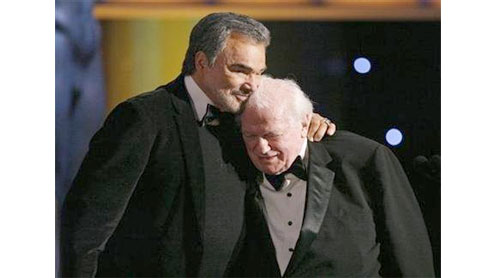Resolutions to lose weight are often made in January yet almost as frequently abandoned as heavy hopefuls find diets that demand fasting, virtually no carbs or liquid food shakes notoriously hard to stick to.
But even “fad” diets can lead to a slimmer, lighter New Year for those whose resolve remains robust, according to doctors and nutritionists analysing them.
Gathering for a London conference to review evidence behind popular weight loss diets – at just the time of year when slimming ideas are in peak demand – specialists concluded that food fads such as the hunter-gatherer “Paleo” plan or the 5:2 diet can deliver. But it’s hard work.
“If it was easy, our species would have died out years ago. As humans we have a default to eat,” said Gary Frost, a professor and chair of nutrition and dietetics at Imperial College London.
The results of that default are looming large in a global “wave of obesity”, he said. According to the World Health Organisation, worldwide obesity – defined as having a body mass index of more than 30 – has nearly doubled since 1980. The latest global figure is that in 2008, more than 1.4 billion adults were overweight.
According to the US Centres for Disease Control and Prevention, almost 36 percent of American adults are obese and almost 70 percent are either obese or overweight. In Britain, a government health study predicts 60 percent of men, 50 percent of women and 25 percent of children will be obese by 2050.
Against this background, experts say the search for effective diets must always take account of how easy it is for people to understand and follow and how likely they are to abide by its restrictions. Michelle Harvie, a research dietician from the Genesis Prevention Centre at Britain’s University Hospital of South Manchester, said that on this front, fasting diets – sometimes called intermittent diets – can be successful.-dailytimes












